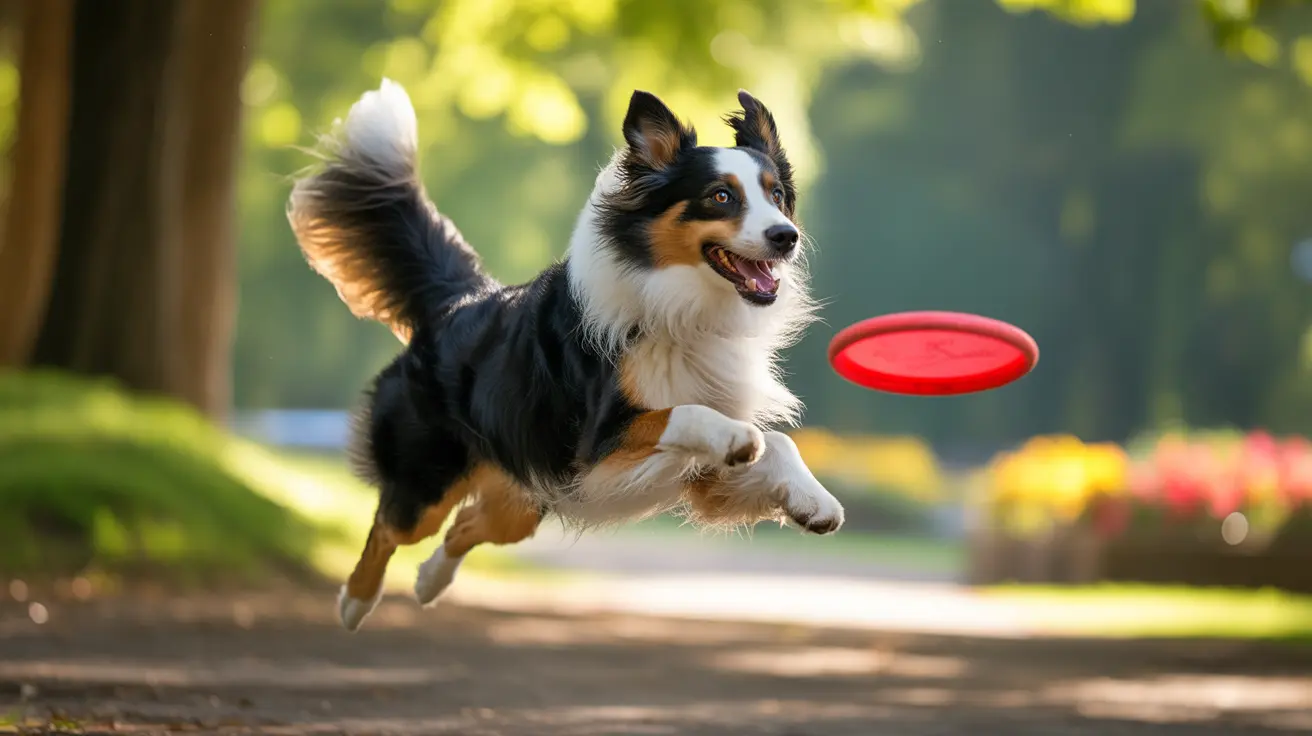As a pet parent, you might wonder about sharing your favorite summer foods with your furry friend. While corn kernels themselves are generally safe for dogs in moderation, corn on the cob presents serious health risks that every dog owner should understand.
This comprehensive guide will explore the dangers of corn cobs for dogs, what to do in case of accidental ingestion, and how to safely incorporate corn into your pet's diet if desired.
The Hidden Dangers of Corn Cobs for Dogs
While the corn kernels aren't toxic to dogs, the cob itself poses significant health risks. Dogs cannot digest corn cobs, which can lead to life-threatening complications:
- Choking hazards, especially when dogs try to swallow large pieces
- Intestinal blockages requiring emergency surgery
- Potential internal injuries from sharp edges
- Severe digestive distress and dehydration
Why Corn Cobs Are So Dangerous
The fibrous, woody texture of corn cobs makes them impossible for dogs to digest. Even when chewed into smaller pieces, these fragments can accumulate in the digestive tract, causing potentially fatal blockages. This risk exists for dogs of all sizes, from tiny terriers to large breeds.
Signs Your Dog May Have Eaten a Corn Cob
Quick recognition of symptoms can be crucial for your dog's survival. Watch for these warning signs:
- Vomiting or repeated attempts to vomit
- Loss of appetite
- Lethargy or unusual behavior
- Abdominal pain or bloating
- Difficulty defecating or straining
- Drooling more than usual
- Pawing at the mouth or stomach
Emergency Response: What to Do
If you know or suspect your dog has eaten a corn cob, time is of the essence:
- Contact your veterinarian immediately
- Don't wait for symptoms to appear
- Never induce vomiting without veterinary guidance
- Keep your dog calm and monitor them closely
- Be prepared for possible emergency surgery
Safe Ways to Feed Corn to Dogs
If you want to share corn with your dog, follow these safety guidelines:
- Remove all kernels from the cob before feeding
- Serve plain kernels without butter, salt, or seasonings
- Offer only small amounts as an occasional treat
- Ensure kernels are fully cooked
- Monitor for any signs of allergic reactions
Prevention Tips
The best approach is prevention:
- Dispose of corn cobs in secure, covered trash containers
- Clean up thoroughly after barbecues and picnics
- Keep corn on the cob out of reach during meal preparation
- Inform guests and family members about the dangers
- Consider using corn cob holders to prevent dropping
Frequently Asked Questions
Can dogs safely eat corn kernels, and should the kernels be removed from the cob first?
Yes, dogs can safely eat plain corn kernels in moderation. Always remove kernels from the cob before feeding them to your dog, and ensure they're plain without butter or seasonings.
What are the dangers if my dog eats a whole corn cob or large pieces of it?
Eating corn cobs can cause severe intestinal blockages, choking, and internal injuries. These situations often require emergency surgery and can be life-threatening if not treated promptly.
What symptoms indicate my dog might have an intestinal blockage from eating a corn cob?
Key symptoms include vomiting, lethargy, loss of appetite, abdominal pain, difficulty defecating, and unusual behavior. Some dogs may also show signs of dehydration or bloating.
What should I do immediately if I know or suspect my dog has eaten a corn cob?
Contact your veterinarian or emergency animal hospital immediately. Don't wait for symptoms to develop or try to induce vomiting without professional guidance.
Are there safe ways to feed my dog corn without risking choking or digestive problems?
Yes, you can safely feed your dog plain, cooked corn kernels in moderation. Always remove them from the cob first and avoid adding any seasonings, butter, or salt.
Remember, while corn can be a safe treat when properly prepared, corn cobs should never be given to dogs under any circumstances. When in doubt, it's always better to err on the side of caution and choose safer treat alternatives for your furry friend.






